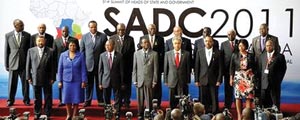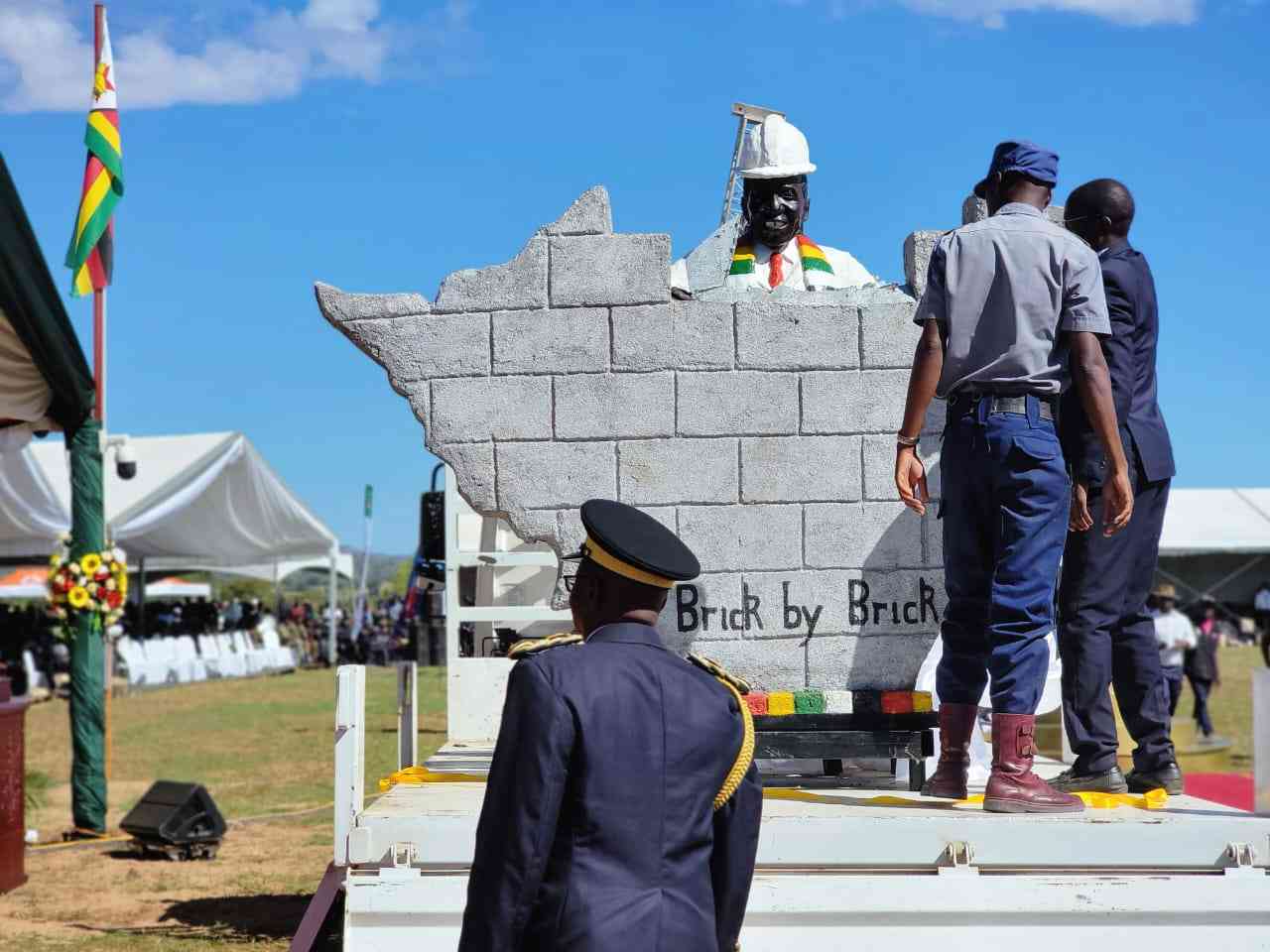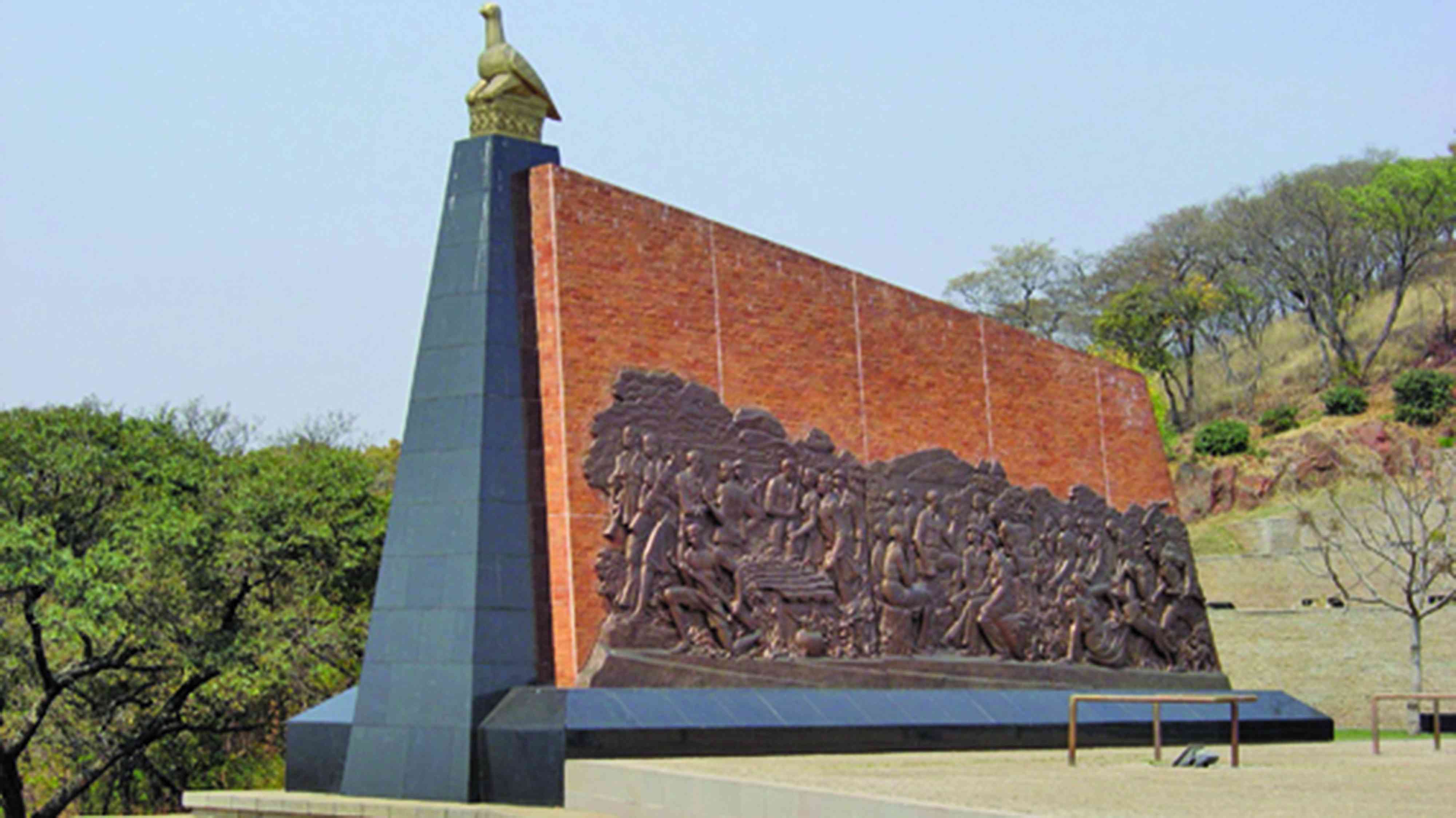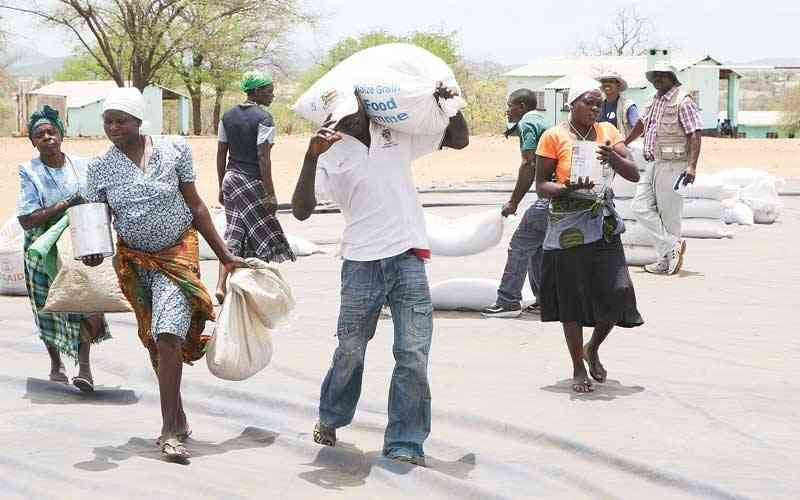
Following the July 31 harmonised polls, it has become clear that once again, Zimbabwe conducted a disputed poll that has failed to attract acceptability from a significant percentage of its citizens and interested electoral stakeholders.
Report by Election Resource Centre
Resultantly, the contestation of the election outcomes remained in full swing on three fronts: l Legal: The MDC-T leader sought to have the Constitutional Court nullify the presidential poll and then withdrew the court application having reportedly failed to access the necessary evidence to contest the poll outcome. The MDC also disputed electoral outcomes in 39 National Assembly constituencies and accordingly filed petitions to have the poll results nullified.
l Diplomatic: The pro-democracy forces in Zimbabwe sought Sadc support in highlighting the challenges with the July 31 poll through engagement with Sadc and other regional bodies.
l Political: MDC-T supporters entertained the idea of engaging in street protests demanding a re-run of the poll.
During the pre-electoral period the Election Resource Centre (ERC) expressed its disquiet that Zimbabwe was clearly ill-prepared for the polls and that any attempt to stampede the nation into a premature election would definitely lead to an inconclusive outcome that would be disputed.
Events following the July 2013 polls confirmed the ERC concerns. While almost all observer missions accredited for the July 2013 polls declared the poll free and peaceful, it was rather disturbing that the same election monitoring groups did not give their assessments on the “fairness” of the electoral process leading to the election. The fact that all that the regional bodies did not fully explore the absence of fairness in this poll, but were still prepared to accept it, suggests that standards for elections in Zimbabwe have been lowered, unfortunately not by Zimbabweans, but by the region itself.
This was a tragedy not only for the country, but also for the region and the continent considering that seven of the Sadc member countries that endorsed the election are heading for general elections in their respective countries by the end of 2014.
- Chamisa under fire over US$120K donation
- Mavhunga puts DeMbare into Chibuku quarterfinals
- Pension funds bet on Cabora Bassa oilfields
- Councils defy govt fire tender directive
Keep Reading
The Election Resource Centre (ERC) remains worried that the regional body erroneously accepted the poll outcome without making comprehensive assessments of the entire electoral process.
Granted, the Zimbabwe July 2013 polls could have happened in an atmosphere of relative calm and peace, but any verdict of elections which selfishly focuses on freeness without due recognition to the fairness can justifiably be dismissed for its lack of comprehensiveness.
For elections to be deemed credible they have to meet the basic standards of both inalienable principles of fairness and freeness.
The ERC therefore contended that the Sadc and AU assessments of the elections in Zimbabwe remained incomplete and therefore illegitimate in so far as such bodies were yet to give their verdict on the “fairness” of the polls. Had Sadc remained faithful to the established Sadc Principles and Guidelines Governing the Conduct of Democratic Elections in making their assessment of the harmonised elections, the regional body could have found it difficult to accept the July 2013 polls as credible, let alone being a reflection of the will of Zimbabweans.
According to Sadc Principles and Guidelines measured against the Zimbabwe Elections, a measure of the election processes that obtained towards the July 2013 polls against agreed Sadc standards for the conduct of democratic elections reveals vivid inadequacies which inevitably undermined the prospects of the polls passing the “fairness” yardstick.
While the regional body might have used its political wisdom in accepting the Zimbabwean poll as free and credible, the real tragedy of this election lies with the people of Zimbabwe who, yet again, became victims of their own history.
By embarking on a violence spree that left the entire region in shock in June 2008, we (because we have to all accept responsibility for this) lowered our peers’ own expectations on Zimbabwe with regards our capabilities to conduct an acceptably free, fair, peaceful and credible election.
Sadc has also become a victim of Zimbabwe’s electoral debacles in being blinded to a point that the regional bloc is prepared to accept the minimum, in this case, mediocrity in exchange for some semblance of progression.
The fact that Sadc not only accepted and endorsed the July 31 poll results, but also congratulated itself for handling the Zimbabwean situation should spell doom for all other countries in the region faced with an election in the next coming months.
Zimbabwe’s electoral fiasco scourge will no doubt go viral, with Sadc now greatly compromised to enforce credibility of democratic elections, having lowered standards on electoral conduct in clear deviation of the regional body`s own set principles and guidelines.











